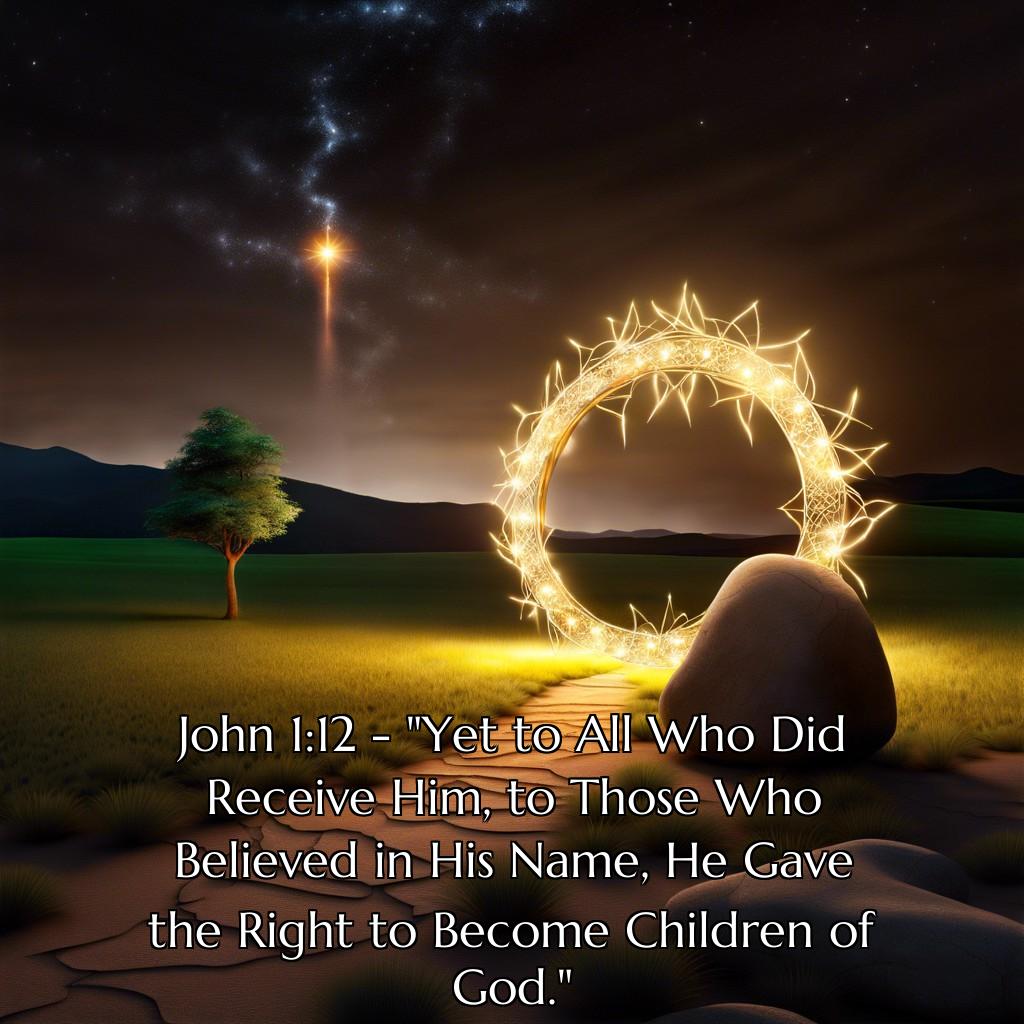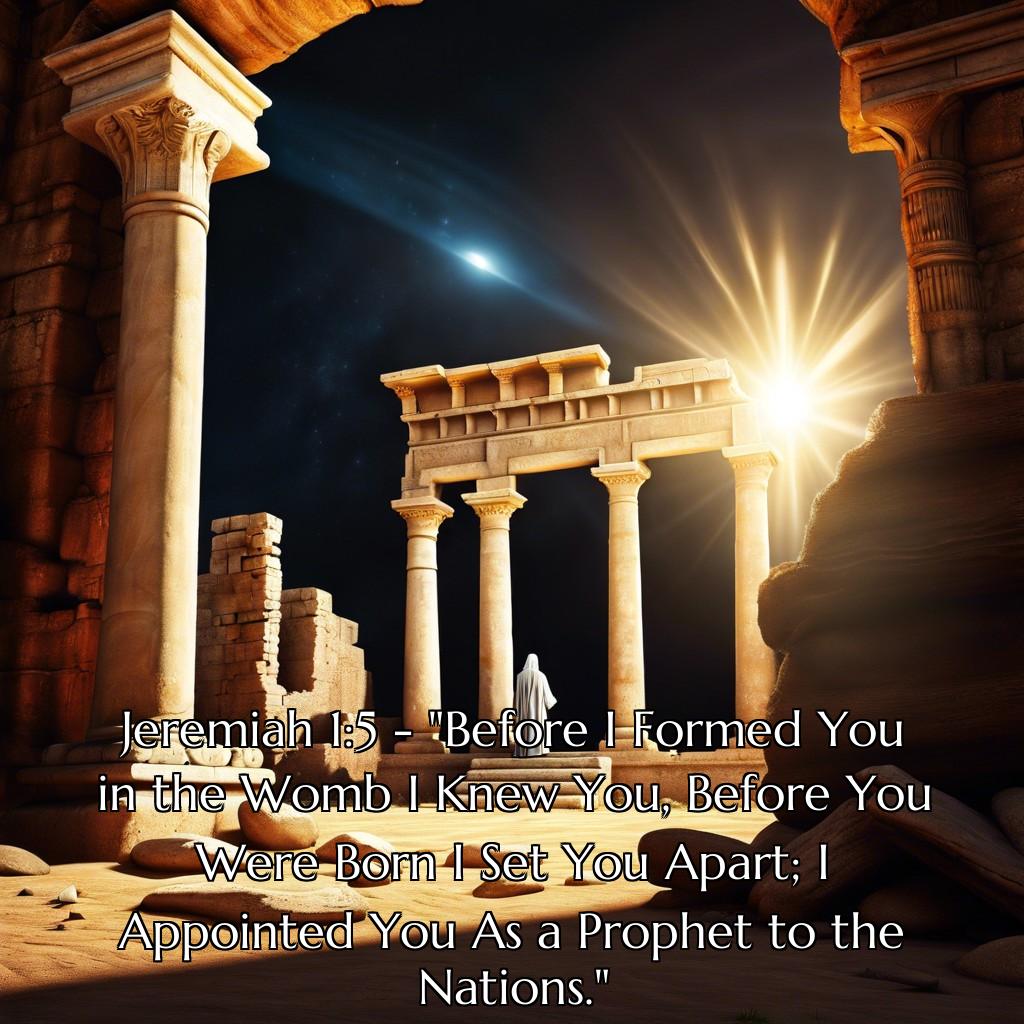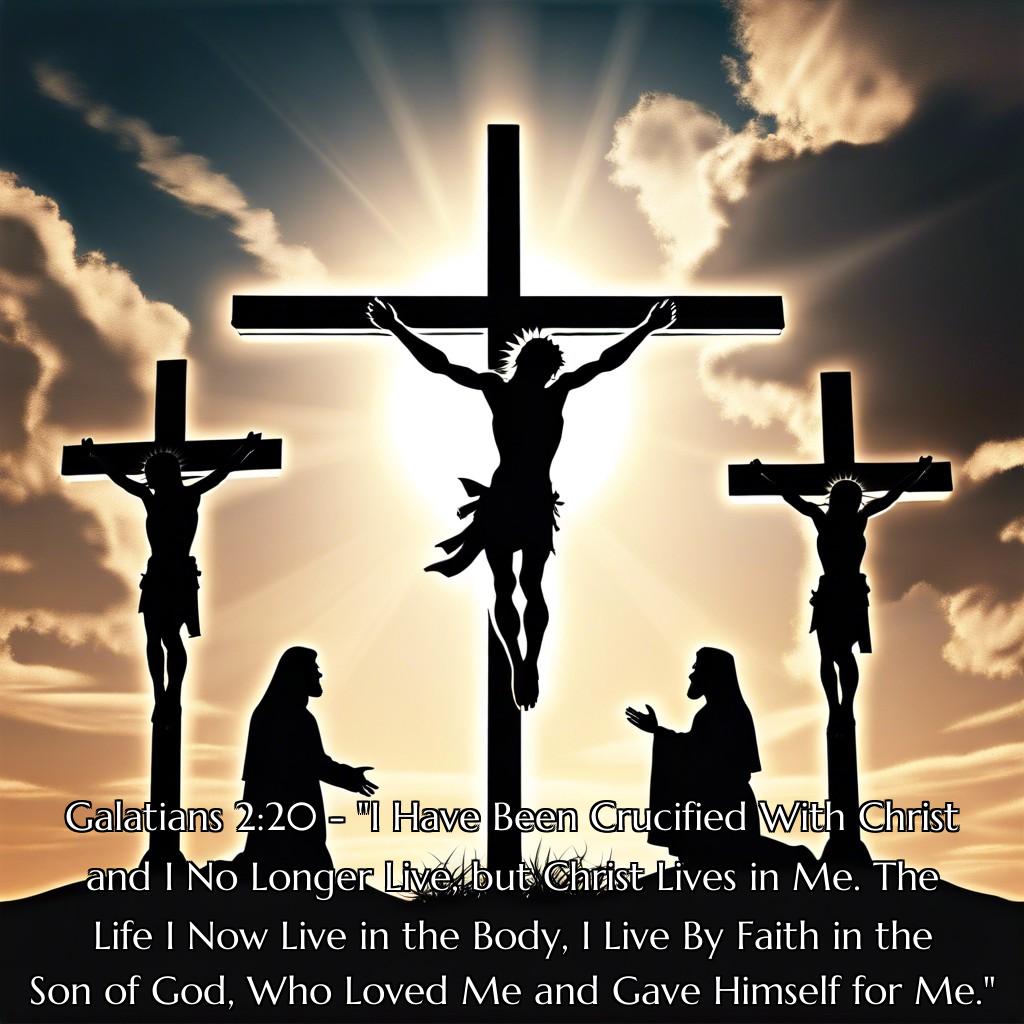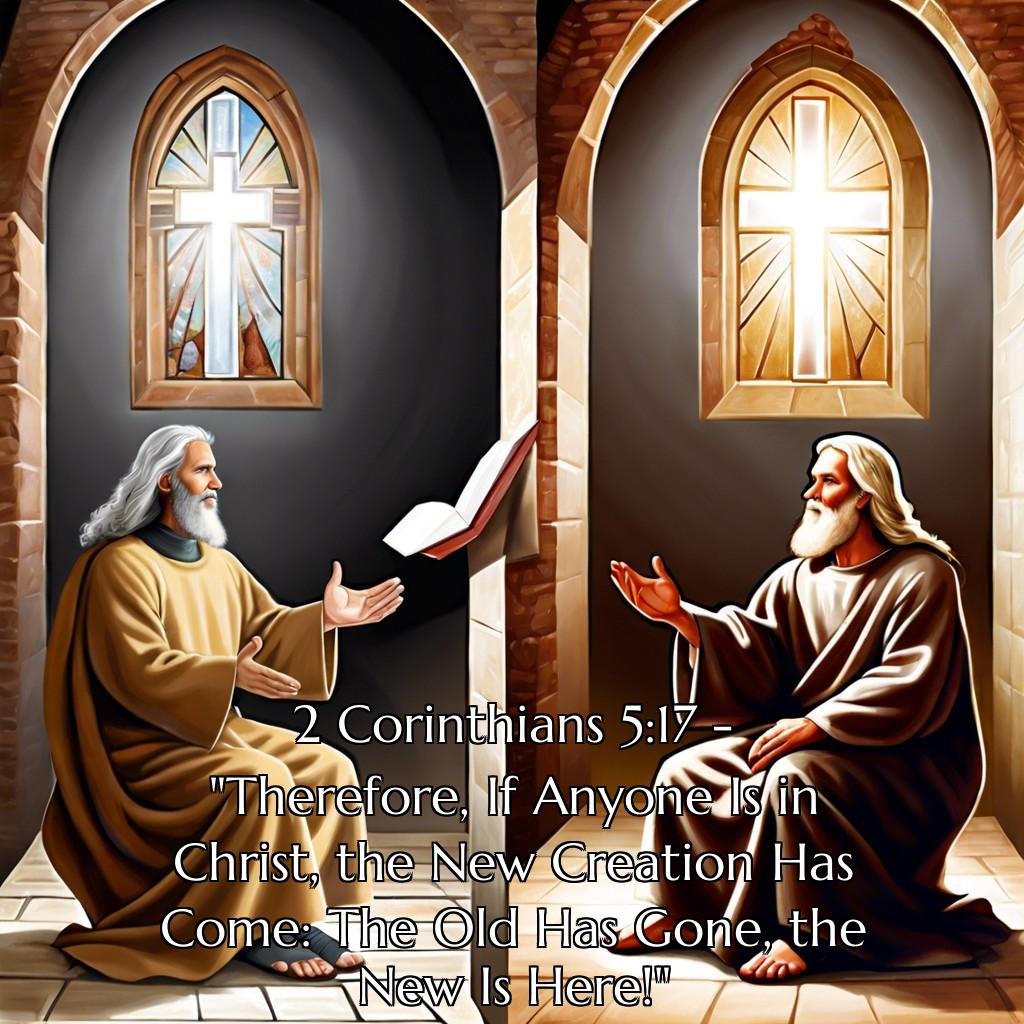You will learn the meanings behind key Bible verses about identity.
Understanding our identity is crucial to living a fulfilling life, and the Bible has invaluable insights that reveal who we truly are. Surely, exploring key scriptures about identity can guide us toward realizing our divine worth and calling. Whether you’re seeking assurance, purpose, or a deeper connection with God, these verses provide a rich foundation for understanding our true identity in Christ. Dive into these profound passages and discover the essence of your identity as a beloved child of God.
John 1:12 – “Yet to All Who Did Receive Him, to Those Who Believed in His Name, He Gave the Right to Become Children of God.”

This verse highlights a profound aspect of Christian identity: being a child of God.
It emphasizes belief and acceptance in Jesus as the gateway to this identity. When we receive Him and believe in His name, we are granted a special right. This isn’t just a title; it’s a transformative relationship.
First, it speaks to our new family. As children of God, we are part of a divine family. This brings a sense of belonging and purpose.
Secondly, it implies a change in status. No longer distant from God, we are brought near, cherished, and valued.
Lastly, it offers comfort and assurance. Our identity isn’t based on our actions but on our faith in Christ. This provides a secure foundation, especially in times of doubt or struggle.
Believing in Him reshapes how we see ourselves and our place in the world.
Jeremiah 1:5 – “Before I Formed You in the Womb I Knew You, Before You Were Born I Set You Apart; I Appointed You As a Prophet to the Nations.”

This verse highlights several key points about identity in the eyes of God:
- Pre-existence and Divine Plan: It begins by acknowledging that God knew us even before we were formed. This suggests an intentional design, revealing that our existence is part of a greater plan.
- Set Apart for a Purpose: The phrase “set you apart” emphasizes that each individual has a unique role and purpose. We’re not random beings; we’re intentionally crafted for specific tasks.
- Divine Appointment: Lastly, God mentions appointing Jeremiah as a prophet to the nations. This implies that our identity includes divine appointments and responsibilities tailored to fulfill God’s mission on earth. The roles may differ, but the underlying truth is that everyone is appointed for something significant.
Understanding these concepts can empower us to embrace our identity with confidence, knowing we’re integral parts of a divine narrative.
Galatians 2:20 – “I Have Been Crucified With Christ and I No Longer Live, but Christ Lives in Me. The Life I Now Live in the Body, I Live By Faith in the Son of God, Who Loved Me and Gave Himself for Me.”

This verse from Galatians emphasizes a profound transformation in identity for believers. It speaks to the complete union with Christ that comes from faith.
Firstly, being crucified with Christ means that the old self, tied to sin, is metaphorically put to death. This signifies a radical break from past behaviors and values.
Secondly, the phrase “I no longer live, but Christ lives in me” highlights the indwelling presence of Christ in the believer. This transforms the individual’s nature, aligning it more closely with Christ’s character.
Thirdly, living by faith in the Son of God points to a daily reliance on Jesus. Every action, thought, and decision is influenced by the trust and confidence in His love and sacrifice.
In summary, the identity shift described here is from self-centered existence to a Christ-centered one, fundamentally changing how believers view themselves and their purpose.
1 Peter 2:9 – “But You Are a Chosen People, a Royal Priesthood, a Holy Nation, God’s Special Possession, That You May Declare the Praises of Him Who Called You Out of Darkness Into His Wonderful Light.”

Peter reminds believers they are chosen, royal, and holy. This means three important things for identity:
- Chosen People: God’s love and purpose for us is intentional. We are handpicked for a relationship with Him.
- Royal Priesthood: We have direct access to God. We’re not just spiritual nobodies; we have significant roles in His kingdom.
- Holy Nation: Our identity is set apart. We live differently because we belong to Him, shining His light in a dark world.
Recognizing these truths transforms how we see ourselves. We are cherished, important, and have a divine purpose.
2 Corinthians 5:17 – “Therefore, If Anyone Is in Christ, the New Creation Has Come: The Old Has Gone, the New Is Here!”

This verse speaks to the transformative power of being in Christ. It promises a fresh start and a new identity.
First, it highlights the concept of being “in Christ,” signifying a close, personal relationship with Jesus. This isn’t just an external affiliation but an integral change in our spiritual state.
Second, “the new creation has come” emphasizes total renewal. It suggests a complete transformation, not just an improvement of the old self. Believers are spiritually reborn, embracing a new purpose and direction in life.
Third, “the old has gone” signifies leaving behind past mistakes, failures, and sins. This detachment from the past underscores the fresh beginning offered through faith.
Lastly, “the new is here” encapsulates the believer’s new identity. This fresh identity is not temporary but an enduring change that comes with embracing Christ’s teachings and love.
Understanding this verse offers encouragement and hope, affirming that in Christ, we are made anew.
Colossians 3:1-3 – “Since, Then, You Have Been Raised With Christ, Set Your Hearts On Things Above, Where Christ Is, Seated At the Right Hand of God. Set Your Minds On Things Above, Not On Earthly Things. For You Died, and Your Life Is Now Hidden With Christ in God.”

These verses remind us to focus on our new identity in Christ. Our hearts and minds should be oriented toward the divine rather than the mundane.
Being raised with Christ means our old ways are gone. We should seek what is eternal and heavenly.
When Paul says “set your hearts on things above,” he emphasizes the importance of prioritizing spiritual growth over earthly distractions.
Our life “hidden with Christ in God” signifies the protective and transformative nature of our relationship with Christ. It conveys security and a deep, intimate connection with God.
This new identity challenges us to live differently, reflecting the values and love of Christ in everything we do.
Ephesians 2:10 – “For We Are God’s Handiwork, Created in Christ Jesus to Do Good Works, Which God Prepared in Advance for Us to Do.”

Understanding our value and purpose through this verse offers significant insights:
First, it highlights that we are God’s handiwork. This means we are intentionally created with care and purpose, not random or without meaning.
Second, it tells us we are created in Christ Jesus, emphasizing our identity and relationship with Him. It’s not just about existing but about being crafted specifically by God.
Third, the verse points out that we are designed to do good works. These are actions and deeds that reflect God’s love and purpose in the world.
Lastly, these good works were prepared in advance for us. This implies that God has a specific plan and path laid out for each of us, guiding our contributions and missions in life.
Recognizing these points can help us see our lives as divinely purposed and filled with meaningful work that aligns with God’s plan. It’s a powerful reminder of our intrinsic worth and calling.
Romans 8:16-17 – “The Spirit Himself Testifies With Our Spirit That We Are God’s Children. Now If We Are Children, Then We Are Heirs—heirs of God and Co-heirs With Christ, If Indeed We Share in His Sufferings in Order That We May Also Share in His Glory.”

This passage delves deeply into the believer’s identity as children of God and the associated inheritance. Here’s a breakdown of its essential themes:
– The Spirit’s Testimony: The Holy Spirit confirms to our spirits that we are indeed God’s children. This means a profound inner assurance of our place in God’s family.
– Heirs with Christ: As children of God, we become heirs. An heir inherits what the parent possesses, indicating a divine promise of sharing in God’s resources and blessings.
– Co-heirs with Christ: We are not just heirs; we are co-heirs with Christ. This means we share equally with Jesus in what God has promised, a privilege that emphasizes our valued position.
– Shared Sufferings: The verse also points out that if we share in Christ’s sufferings, we will share in His glory. Suffering for Christ is part of the journey, but it is marked by the hope of future glory.
Understanding that we are God’s children and co-heirs with Christ shapes our identity with purpose and expectation.
Psalm 139:14 – “I Praise You Because I Am Fearfully and Wonderfully Made; Your Works Are Wonderful, I Know That Full Well.”

This verse offers a profound sense of dignity and worth to each person.
It highlights the intentionality behind God’s creation of us, suggesting that we are crafted with purpose and care.
The use of “fearfully” in this context implies reverence and awe in our creation, indicating that we are made with great precision and significance.
“Wonderfully made” assures that each individual is unique and valuable, intricately designed by God.
The declaration that His works are wonderful reinforces the idea that, as part of His creation, we too are wonderful.
Acknowledging this can help us embrace our true identity and worth in God. Recognizing ourselves as His intricate creation can foster a healthy self-image and inner peace.
Ultimately, this verse is a powerful reminder of our inherent value and the intentional design behind our lives.
Philippians 3:20 – “But Our Citizenship Is in Heaven. And We Eagerly Await a Savior From There, the Lord Jesus Christ.”

This verse highlights the profound concept that Christians have a divine citizenship. As believers, our true home is in heaven, transcending our earthly existence.
This heavenly citizenship means:
- It defines our identity. We belong to a celestial kingdom, guided by divine principles.
- It gives us hope. We live with the anticipation of Jesus Christ’s return.
- It shapes our conduct. Knowing our eternal home influences how we live and interact on earth.
- It offers perspective. Our trials and challenges are temporary in light of our eternal destiny.
- Understanding this citizenship helps us navigate life with a sense of purpose and eternal significance.





